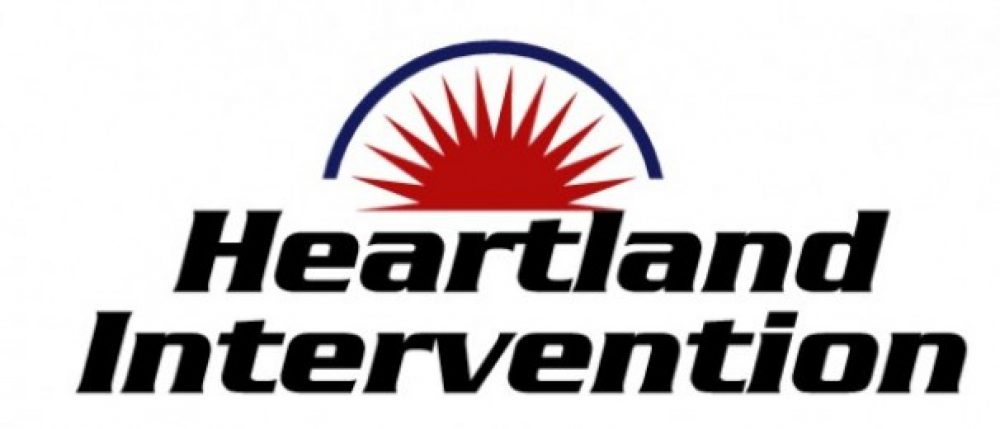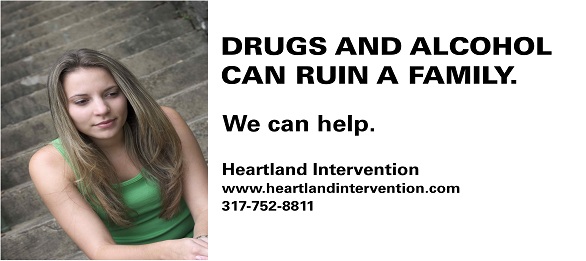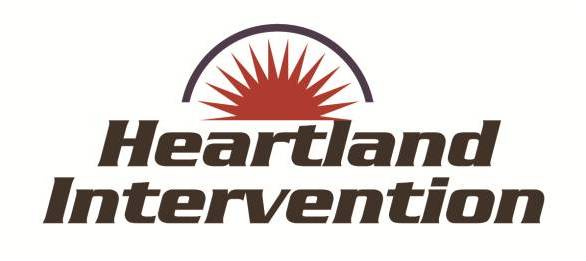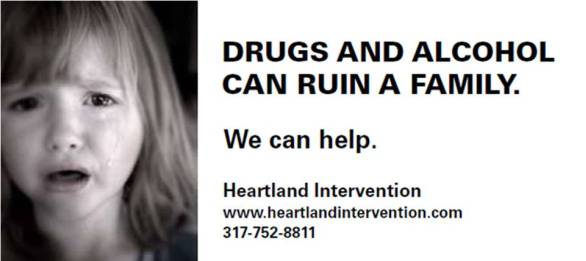A young man who had just turned 18 sat only a few feet away in his living room. His family gathered, full of fear and full of hope, for the intervention that they hoped would save his life. The young man just shook his head as tears slowly streamed from his face. He was weighing the loving offer that his family was making. Would he accept the offer and go to treatment for his drug addiction…or face the consequences of continuing the addicted life?
At Heartland Intervention, LLC we say that we have a front row seat to watch people’s lives turn around. Over the years, it has become a motto, a privilege and a job description of sorts. It is an honor to be invited into the life of any family. This is especially true when families are not at their best due to drinking, drug use or addiction. The trust that families place in us and the intervention process is never to be taken lightly. The stakes during an intervention are high and that’s why preparation, planning and execution are so critical.
The time leading up to the actual intervention is spent putting together an intervention team and selecting a treatment center. Arrangements are made to care for a wide range of concerns while the person is away. Questions like who will water the plants, mow the lawn, pay the bills and many more all have to be addressed. What about school and/or work? Who will care for kids or pets? Once these and other details are attended to, a planning meeting with all team members carefully scripts out the actual intervention.
On this day the subject of the intervetion was lovingly confronted with how his drug use had changed him and his relationship with those closest to him. While the stakes and emotions were running high, the feel in the room was one of love. As he weighed the offer, I looked around the room at each person. There were tears, the wringing of hands and a nervousness that is uncommon. There was also a lot of HOPE. After a few moments, he looked up and said, “I guess I’ll go”. Warmly Heartland founder Scott J. Watson responded, “That’s a good decision.” And we were done, once again. He was off to treatment where he would begin a drug-free life of recovery.
If you have an addicted loved one you’ve had a front row seat to watch their loved one spiral downward. At Heartland Intervention, we want you to experience the miracle of recovery which see all the time. As the leader in intervention services in Indiana and beyond, we look forward to working with your family. Every week, we see people go from darkness to light, despair to hope and enjoy our front row seat to watch people’s lives turn around. Call us at 877-752-8811.




